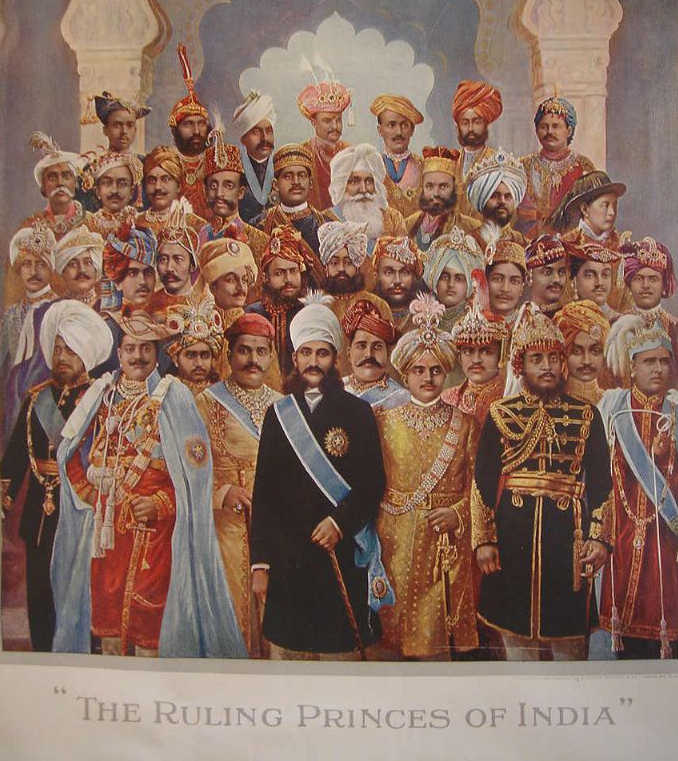FWP:
The nature of this verse as the third in a kind of four-verse verse-set is discussed in {234,8}.
Here's another verse ideally suited to support my argument made in {234,8}. I'd give this one away too, if anyone wants it.
Since it makes no sense as an independent verse, it certainly seems to require the frame of some kind of verse-set around it.
Instinctively, both Bekhuds convert the verb from the awkward
intransitive [banā hai] into the much more coherent
passive [banāyā gayā hai]. The intransitive provides
the same opening for the second line as in {234,9}.
Why is Ghalib so eager to present 'enjoyment' in {234,9}, and the 'lofty sphere'
in the present verse, as somehow simply 'coming into being' or 'appearing',
with no hint of a maker lurking in the background? I would have guessed that
it's because it's so silly and insulting to God to say that he did all this
just for a minor North Indian aristocrat-- but then, in the first line of
{234,9} the poet does say exactly this. So why, after that one time, does
he work around it with the awkwardly organic intransitive forms? I don't know,
and the verse is so puerile that I don't care. There's a similar structure in the
next verse, {234,12}, too.

Nazm:
In the first line he has collected together pairs of synonymous words: naṣīr and muʿīn ; and dīñ and millat ; and mulk and daulat . (266)
== Nazm page 266